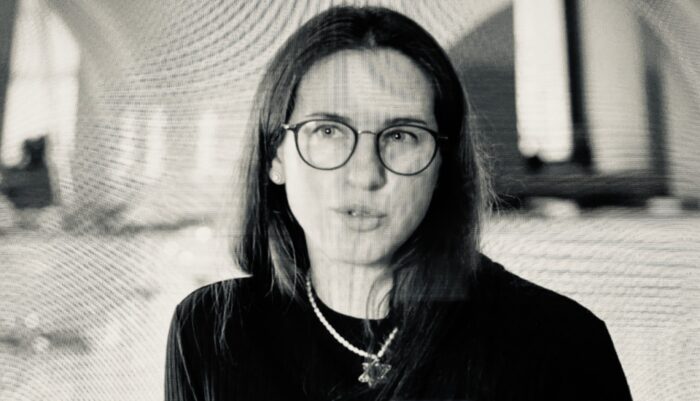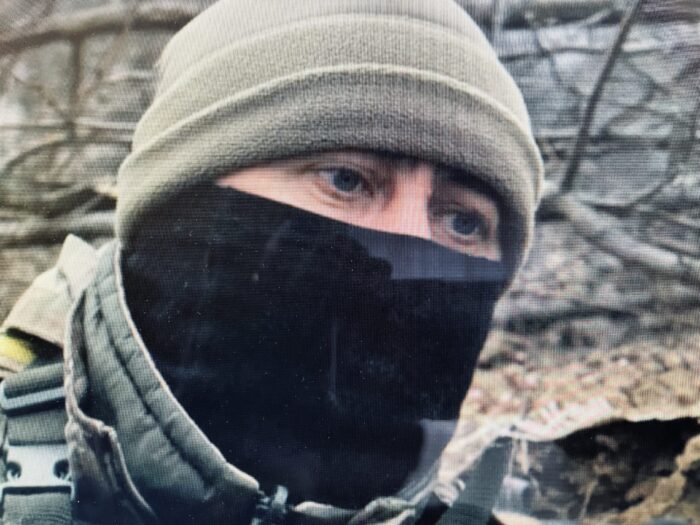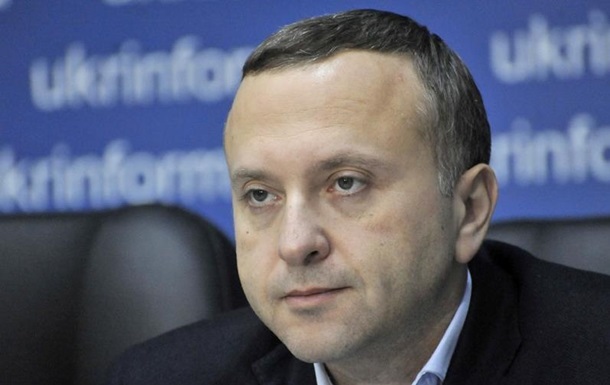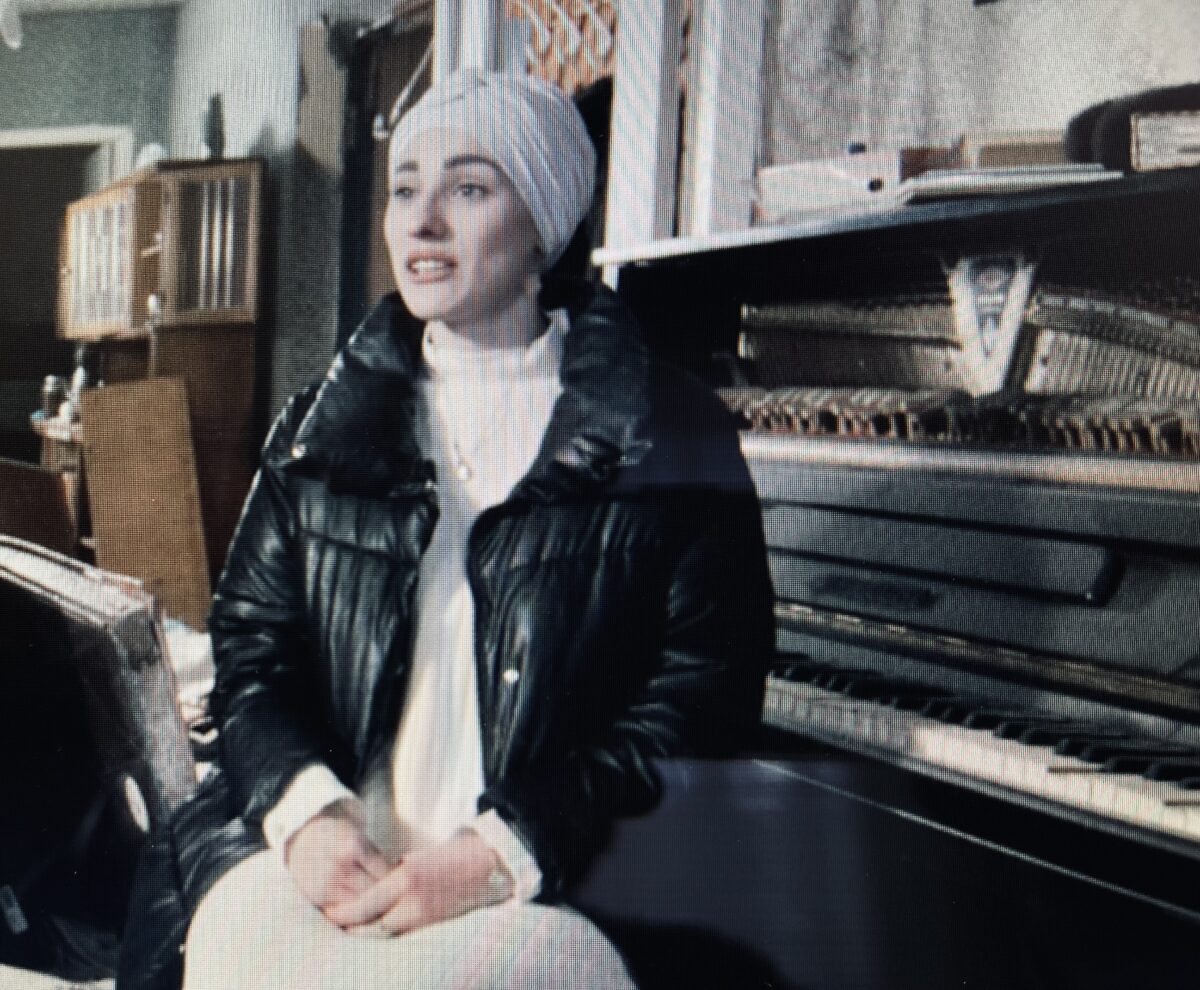Alex Osmolovsky’s documentary, The Community, profiles a Jewish community under siege. Ukraine has been at war since the Russian invasion in 2022, and Ukrainian Jews have been caught up in the violence. His movie will be presented at the Toronto Jewish Film Festival, which runs from June 5-15.
He presents a rosy picture of a patriotic community that condemns Russia’s “special military operation” and scoffs at Russian President Vladimir Putin’s far-fetched claim that Ukraine is a fascist state that needs to be “de-Nazified.”
Putin has constantly dwelled on this theme, and he describes Volodymyr Zelensky — the first and current Jewish president of Ukraine — as an “ethnic Jew” who has compliantly covered up Ukraine’s “glorification” of Ukrainian nationalist leaders who collaborated with Nazi Germany and slaughtered Jews during World War II.
Ukraine’s veneration of Ukrainians who cooperated with the Germans during the Holocaust is a stain on its image. But it would hard to find a Ukrainian Jew who would justify Russia’s invasion on the basis of Ukraine’s brief dalliance with Nazi Germany.
The Ukrainian Jews interviewed by Osmolovsky love their country, feel deeply attached to it, and despise what the Russians have done and are doing.
At a Purim festival, a rabbi implicitly compares Putin to the ancient Persian villain Haman.

Melanie Vaisberg, a military psychologist born and raised in Kyiv, regards Ukraine as “a place of holy people” and believes there is no better city than its capital.
Hasid, an instructor in Ukraine’s special forces, feels completely safe as a Jew and thinks that Jews are an integral component of the Ukrainian people.

In passing, a viewer is told that, historically speaking, Ukraine played a central role in the formation of Jewish culture.
As the camera pans on Babi Yar, a ravine on the outskirts of Kyiv where some 30,000 Jews were murdered by the Nazis in a matter of days, Eduard Dolinsky, the president of the Ukrainian Jewish community, appears. In his view, Russia exploits “negative trends” in Ukraine, a reference to Ukrainian war criminals who persecuted and murdered Jews.

Osmolovsky gratuitously skims over this period, as if it is little more than a blip on a screen. To be charitable to him, it was never his intention to examine this dark era, but to situate the contemporary Jewish community within the framework of the Russian invasion.
Rabbi Moshe Azman, the chief rabbi of Ukraine, watched Russian tanks thundering into his city. He believes the Russians have committed war crimes in pursuit of their objectives.
Another rabbi, Hillel Cohen, claims implausibly that antisemitism in Ukraine today is non-existent.
Rachel Levy, who hails from the Russian-occupied city of Kherson, cries as she recalls Russia’s conquest. When she and her Orthodox husband escaped, they were stopped at a checkpoint by Muslim Chechen soldiers, who berated him over Israel’s military campaign in the Gaza Strip.
Michael Brodsky, the Israeli ambassador to Ukraine, says that about 15,000 Ukrainian citizens, including non-Jews, have been evacuated to Israel.
Osmolovsky says that 6.5 million Ukrainians have fled since the outbreak of the war.
In closing, he hails the Jewish community as a model community in lockstep with a “bleeding” country fighting for its very existence. Within this context, The Community should be seen for what it is — a feel-good film that accentuates the positive and downplays the negative.
